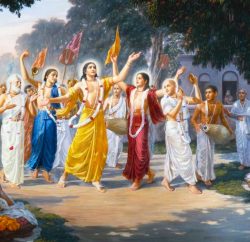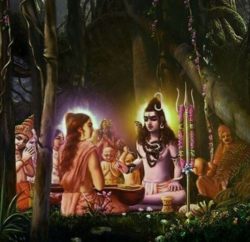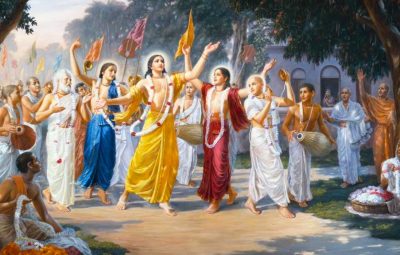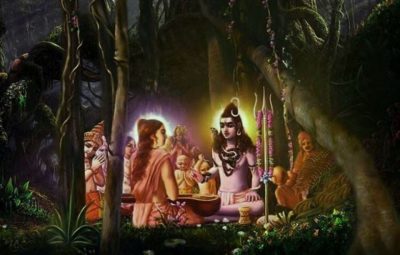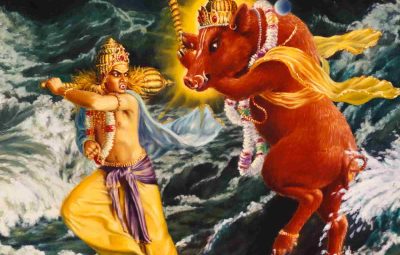To conserve tigers and protect stray dogs is necessary. Then why is it not equally important to protect and worship cows?
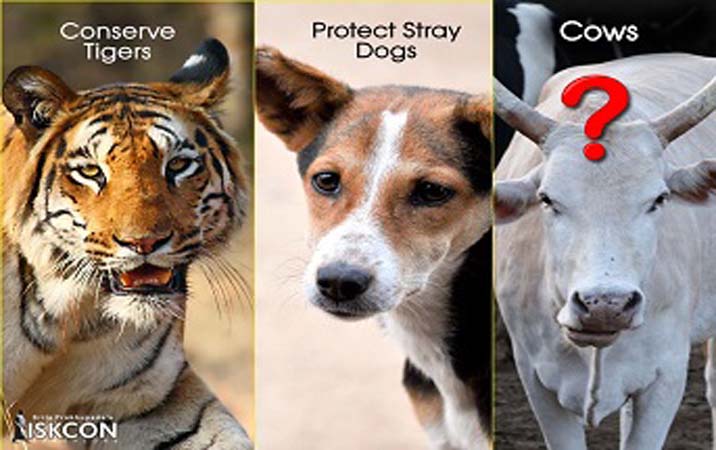
As someone rightly pointed out, we see the community being so hypocritical about their attitude towards the cow.
For a moment, let us keep aside all the religious considerations and ponder over the fact that the cow is also an animal that deserves protection from us.
Our ancestors recognized the importance of the cow and they worshiped her as mother. We drink the milk of the cow, and its other products like curd, ghee, butter, paneer and cheese are part of our regular diet; and we also prepare a variety of food stuffs using them. How can we be so thankless?
According to Chāṇakya Paṇḍita, each one of us has seven mothers:
- our own mother (ātma-mātā),
- the wife of the teacher (guroḥ patnī),
- the wife of a brāhmaṇa (brāhmaṇī),
- the wife of the king (rāja-patnikā),
- the nurse who took care of us (dhātrī),
- the cow (dhenu), and
- the earth (pṛthvī).
Killing a cow is like killing one’s own mother. Stop this brutality.
There are various other food stuffs available in abundance for our consumption. Why should we trample upon the rights of these poor animals just for the satisfaction of our taste buds?
Recently we came across an interesting analysis by someone:
By slaughtering a cow, you may get approximately 70 kg meat, 25 liters of blood, 35 kg of bones and even if you sell it all, you may get a maximum of Rs. 10000.
Just allow it to live. The cow dung will earn you more than this.
Assume that a cow produces 10 kg dung every day. Create compost by mixing other organic wastes with the dung. You will get 33 kg compost for every kg of dung. The compost is rich in cobalt, calcium, potassium, manganese, iron, silicon and phosphorous.
In one day, you get 330 kg of compost, which is worth Rs. 2000 (according to the current market rate). So, if the cow lives for 20 years, you get 2000 x 365 x 20 = Rs. 1.46 crores.
One more interesting analysis:
It takes 200 liters of water to grow one kilogram of wheat; whereas to get a similar quantity of beef it requires 40000 liters of water. It is said that 30% of the earth’s landmass is dedicated to raising animals for food and 40% of the grains harvested across the globe are being fed to animals. Starving people can be fed with these grains because the cows and other cattle never asked us to feed them with grains. They are happy with the grass and hay available in abundance everywhere.
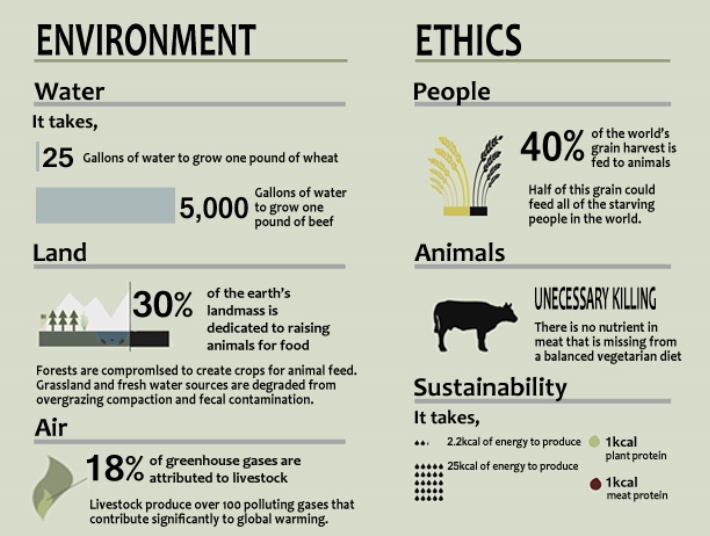
No wonder the economy of ancient India was based on cow protection. Why don’t we make arrangements to protect these animals rather than opening slaughterhouses?
Śrīla Prabhupāda raises the following questions in one of his purports to Śrīmad-Bhāgavatam:
Why should men kill cows for their selfish purposes? Why should man not be satisfied with grains, fruits and milk, which, combined together, can produce hundreds and thousands of palatable dishes? Why are there slaughterhouses all over the world to kill innocent animals? Should not a king or executive head protect the lives of the poor animals who are unable to defend themselves? Is this humanity? Are not the animals of a country its citizens also? Why are they allowed to be butchered in organized slaughterhouses? Are these the signs of equality, fraternity and nonviolence?
The great rulers of ancient India considered it their duty to protect innocent animals, especially the cows and bulls. Manu Needhi Cholan, a king of the Chola dynasty ordered his son to be killed to deliver justice to a cow whose calf got killed when it came under the wheels of the chariot driven by his son.

It is sad to hear that today, India ranks fifth in the world for beef production and first in exporting beef.
Wikipedia says that India produced 3.643 million metric tons of beef in 2012. Out of which 1.963 million metric tons were consumed domestically and 1.680 million metric tons were exported.
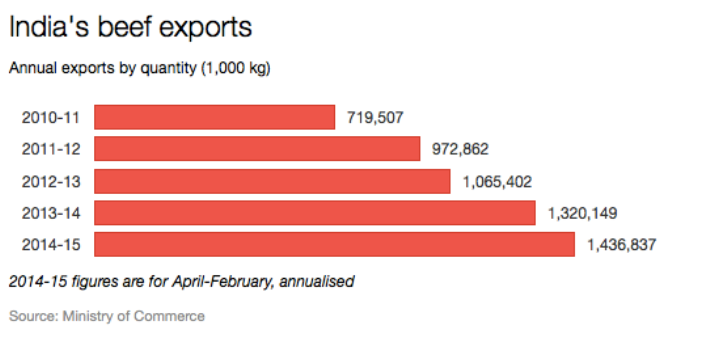
Even during the Mughal rule, cow killing was banned in India. The whole dynasty – Babur, Humayun, Akbar, Jahangir, Shah Jahan, and Bahadur Shah Zafar upheld the ban.
Today, we want to conserve the tigers, save the rhinos, protect the stray dogs, and preserve wild life. Why not show the same compassion to the cows, which are gentle, social animals?
Stop this cruelty. Stop slaughtering cows and bulls.
Here are top 10 reasons to not kill cows (an article published by PETA) and none of them are religious. Anyone who wants to live a healthy and civic life will accept these reasons as valid.
For those who are accustomed to eating meat, try these mock-meat recipes. There are alternatives available for every type of meat. Why not allow the cows to live peacefully?


